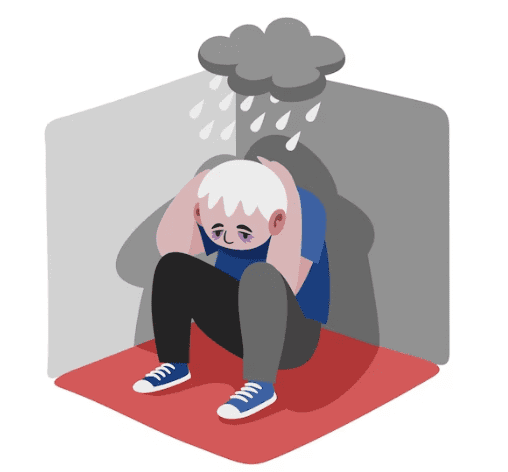
Treatment for Depression
Depression is a common and serious medical illness that negatively affects how you feel, the way you think and how you act. Fortunately, it is usually treatable. The good news is that even with the most severe depression, there is always hope.
What is depression?
Depression is a mood disorder that causes a persistent feeling of sadness and loss of interest. It can interfere with your daily activities and relationships. Depression is different from feeling sad or unhappy for a few days. It’s a long-term condition that can last for weeks, months, or even years.
There are five main types of depression:
- Postnatal depression
- Depressive disorder
- Bipolar
- Grief
- Seasonal Affective Disorder (SAD)
What are the symptoms of depression?
The symptoms of depression can vary from person to person, but some of the most common symptoms include:
- Feeling sad or miserable
- Loss of interest in activities you used to enjoy
- Changes in sleep (sleeping too much or too little)
- Changes in appetite (eating too much or too little)
- Changes in energy level (feeling tired or sluggish)
- Difficulty concentrating
- Difficulty making decisions
- Restlessness
- Feeling useless or worthless
- Pessimism
- Thoughts of death or suicide
If you are experiencing a number of these symptoms for two weeks or more, it is important to see your GP.
The treatment for depression?
There are two main treatments for depression which are:
- Therapy: There are many types of therapy. CBT is common but is normally viewed as a quick fix and does not necessarily solve the underlying problem. I am an integrative counsellor which draws on the best of many approaches to solve the problem. When you identify a therapist you should discuss their background and skillset with them.
- Medication: You need to talk to your GP. There are many types of antidepressants including Selective serotonin reuptake inhibitors (SSRI), Serotonin-norepinephrine reuptake inhibitors (SNRI) and Tricyclic antidepressants (TCA). They are designed to help improve mood and reduce symptoms of depression. Your GP will need to work with you to find the one that suits you.
A therapist is likely to recommend you see your GP with a view to taking anti-depressants to lift your mood while the therapy is taking place.
Self-care tips for depression
In addition to treatment, there are a number of things you can do to help manage your depression:
- Get regular exercise. Exercise has been shown to be as effective as antidepressants for treating mild to moderate depression, it is good for severe depression too.
- Eat a healthy diet. Eating a healthy diet can help to improve your mood and energy levels.
- Get enough sleep. When you are well-rested, you are better able to cope with stress and manage your emotions.
- It is usually said that you should avoid alcohol and drugs. Alcohol and drugs can make depression worse. Let’s be realistic here, reducing alcohol would be good for you.
- Connect with others. Social interaction can help to reduce feelings of isolation and loneliness.
- Do things you enjoy. Make time for activities that you enjoy and that make you feel good.
- Learn stress management techniques. Stress can make depression worse, so learning how to manage stress can be helpful.
- Using a mediation app regularly to help you relax and achieve better sleep.
- Established breathing exercises.
As a therapist I would cover these points with you.
Remember, you are not alone. Treatment for depression is available. With the right treatment and self-care, you can feel better and live a full and productive life.
Further reading about Depression
Source of more information: National Institute of Mental Health